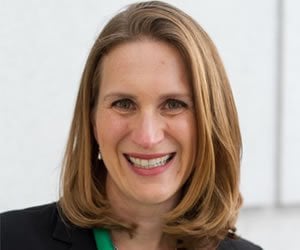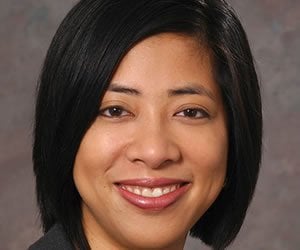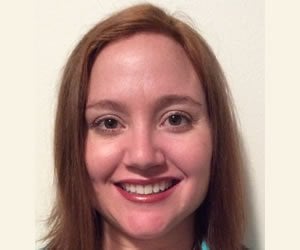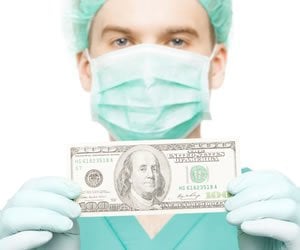“Go forth and do great things.”
– Anonymous
No one gets into medical school without a considerable dose of ambition. We want to be involved, to make a difference, to save lives. In short, we want to do great things. We spend years waiting in the wings, our enthusiasm funneled into pre-med activities, o chem exams, and countless hours of studying in the first two years of medical school. Like a horse that has been held tightly in the starting gate that suddenly swings up at the sound of the starter’s bell, we spring forward with unbridled enthusiasm into third year, dirt flying. Having spent nearly a decade in prep (if you start counting in undergrad), we are eager to actually do something and start making a difference. And yet, so much of third year can be sitting around, waiting for the action, and, when the action happens, standing in the back of the room.
Getting your Zzzzzz’s: Struggling with sleep in medical school and beyond
“To sleep, perchance to dream – ay, there’s the rub” ~ Hamlet The irony of … Read more



















